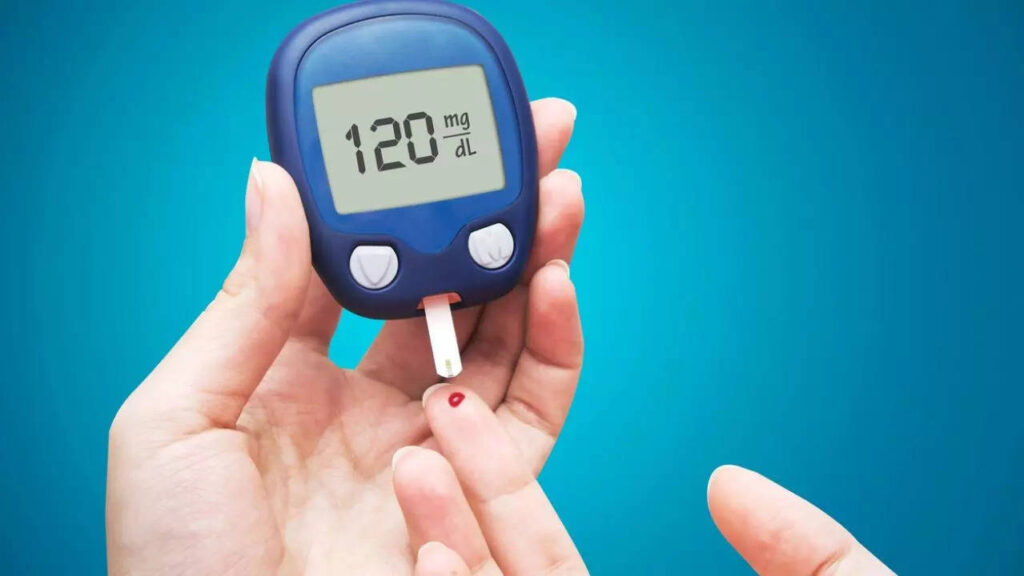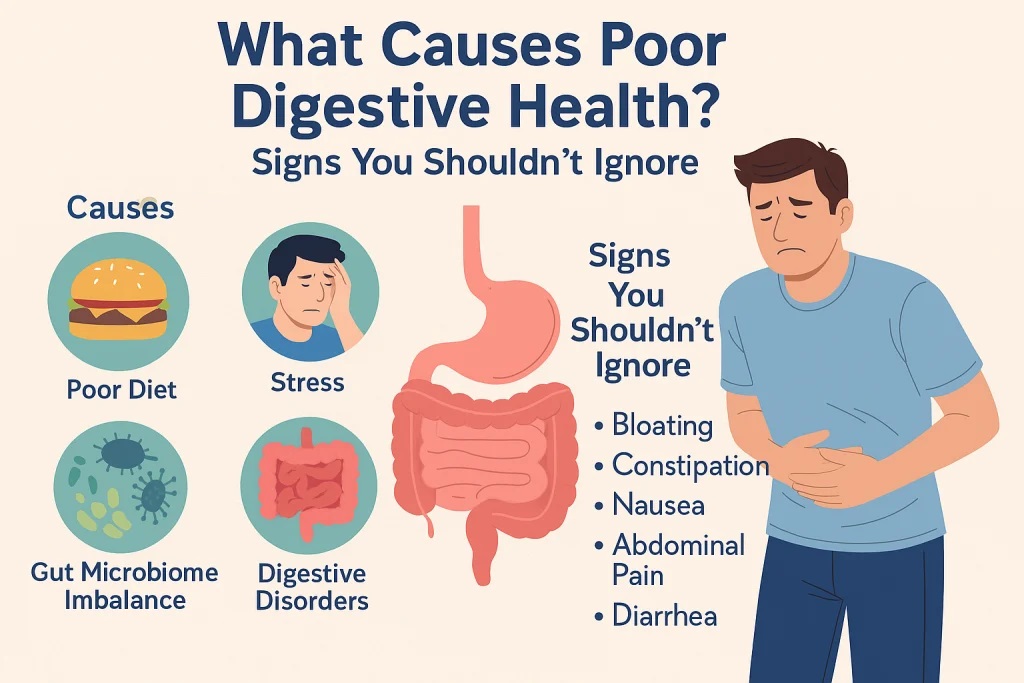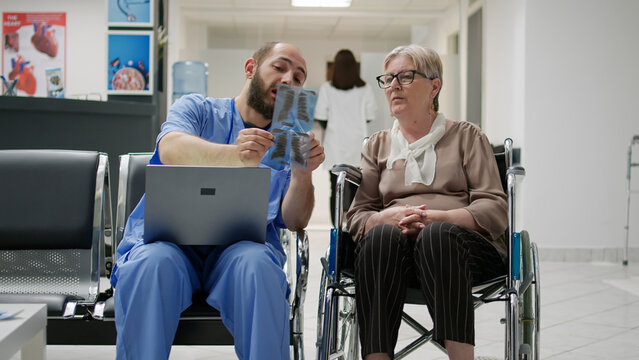At Local MD, we believe that regular follow-ups in primary care play a crucial role in helping individuals with diabetes maintain better glucose control, reduce complications, and lead healthier lives. Managing diabetes requires more than just taking medication—it involves continuous care, monitoring, and patient education. This article explores the medical science behind consistent follow-up visits, their benefits, and how they significantly improve diabetes outcomes.
Understanding Diabetes and Its Long-Term Impact
Diabetes mellitus is a chronic metabolic disorder characterized by high blood sugar levels due to insulin deficiency or resistance. The two most common types are:
-
Type 1 Diabetes – An autoimmune condition where the body fails to produce insulin.
-
Type 2 Diabetes – The most prevalent type, caused by insulin resistance and lifestyle factors.
Without proper management, diabetes can lead to severe complications, including:
-
Cardiovascular disease
-
Kidney failure
-
Nerve damage (neuropathy)
-
Vision loss (retinopathy)
-
Foot ulcers and amputations
These risks make primary care follow-ups an essential part of diabetes management, ensuring early detection and timely intervention.
Why Regular Follow-Ups Are Essential in Diabetes Care
Regular follow-ups in primary care settings serve as a preventive and monitoring system. They provide structured opportunities for healthcare providers to assess patient progress, modify treatment plans, and address emerging health concerns. Here’s how consistent visits make a difference:
Continuous Monitoring of Blood Glucose Levels
One of the cornerstones of diabetes management is tracking blood glucose trends. During follow-up appointments, primary care providers review HbA1c results, daily glucose logs, and any fluctuations that might indicate a need for medication adjustments.
Frequent visits ensure that:
-
Medications remain effective.
-
Diet and exercise recommendations are optimized.
-
Early signs of hyperglycemia or hypoglycemia are detected.
This proactive approach reduces the risk of emergency hospital visits and severe complications.
Personalized Medication Adjustments
Diabetes treatment isn’t static—what works initially may not remain effective long-term. Through routine follow-ups, doctors can assess how well current medications control blood sugar and adjust dosages or types as necessary.
For instance:
-
Switching from oral hypoglycemics to insulin therapy if the condition progresses.
-
Modifying doses based on HbA1c readings and lifestyle changes.
-
Managing side effects such as hypoglycemia or weight gain.
Such adjustments are vital for maintaining long-term glycemic stability.
Early Detection of Diabetes-Related Complications
Primary care physicians are often the first to identify signs of diabetic complications. Regular check-ups include screenings for:
-
Eye health (retinopathy exams)
-
Kidney function tests (urine microalbumin)
-
Foot exams for neuropathy and circulation issues
-
Blood pressure and cholesterol monitoring
By identifying these problems early, healthcare providers can initiate treatment promptly—preventing irreversible damage and improving overall life expectancy.
Reinforcing Lifestyle Modifications
Managing diabetes isn’t only about medication—it’s equally about sustainable lifestyle choices. During regular appointments, physicians and nutritionists review:
-
Dietary habits
-
Physical activity levels
-
Weight management progress
-
Stress management and sleep quality
Continuous follow-up provides accountability, ensuring that patients remain motivated and aligned with their long-term health goals.
Building Strong Patient-Provider Relationships
Frequent visits foster trust and communication between patients and their healthcare teams. This relationship empowers patients to:
-
Share symptoms honestly.
-
Ask questions about medication or diet.
-
Discuss challenges like affordability, accessibility, or emotional stress.
Strong communication enhances treatment adherence and ensures that care plans are both practical and personalized.
The Role of Primary Care in Coordinated Diabetes Management
Primary care physicians act as the central hub for coordinating diabetes care. They collaborate with specialists such as endocrinologists, dietitians, ophthalmologists, and podiatrists to create a comprehensive management plan.
Coordinated Care Includes:
-
Referrals for eye exams and foot care
-
Collaboration with dietitians for meal planning
-
Communication with pharmacists for medication safety
-
Integration with mental health professionals to address diabetes-related stress
This multidisciplinary approach ensures every aspect of the patient’s well-being is covered—physical, emotional, and behavioral.
The Science Behind Improved Diabetes Outcomes
Data-Driven Improvements
Studies have shown that patients who attend quarterly follow-up visits achieve better HbA1c control than those who don’t. These visits allow doctors to monitor how treatment aligns with lab results and lifestyle data, leading to more effective management.
Preventing Hospitalization
Regular check-ups help identify patterns of poor control early on, preventing complications like diabetic ketoacidosis (DKA) or hypoglycemic emergencies, which are common reasons for hospital admission.
Reducing Long-Term Costs
Preventive care is far less expensive than emergency or chronic care. Routine monitoring reduces the need for costly hospitalizations, surgeries, and specialist interventions, lowering the financial burden on both patients and healthcare systems.
How Technology Enhances Follow-Up Care
Modern medicine now integrates technology to improve diabetes follow-up care. Some of the most effective innovations include:
-
Continuous Glucose Monitors (CGMs): Provide real-time blood sugar readings that can be shared remotely with providers.
-
Telemedicine Consultations: Allow patients to attend check-ins without traveling.
-
Digital Health Apps: Track diet, exercise, and medication adherence.
-
Electronic Medical Records (EMRs): Help doctors track patient history and identify trends instantly.
These tools ensure consistent communication and monitoring, even between in-person visits, strengthening the effectiveness of primary care.
Empowering Patients Through Education
At Local MD, we emphasize patient education as a foundation for successful diabetes control. Understanding the “why” behind each recommendation helps patients take ownership of their condition. Educational topics covered during follow-ups include:
-
How to interpret glucose readings.
-
Recognizing signs of hypo- or hyperglycemia.
-
Proper use of insulin and glucometers.
-
Reading nutrition labels effectively.
-
Importance of hydration and balanced meals.
An informed patient is better equipped to make daily decisions that impact long-term health.
The Psychological Impact of Regular Follow-Ups
Diabetes management can be mentally and emotionally demanding. Regular follow-ups allow healthcare professionals to identify and address issues like:
-
Diabetes distress
-
Depression and anxiety
-
Burnout from constant monitoring
Primary care providers can connect patients with mental health counselors, support groups, or behavioral therapists to help them cope, promoting emotional well-being alongside physical health.
Frequency of Follow-Ups: What Experts Recommend
According to the American Diabetes Association (ADA):
-
Patients with stable blood sugar levels should have follow-ups every 3 to 6 months.
-
Those with recent medication changes or poor control should schedule visits every 1 to 2 months.
Each visit typically includes:
-
Review of blood glucose data
-
Physical examination
-
Medication assessment
-
Lab testing (HbA1c, lipid profile, kidney function)
-
Counseling on diet, exercise, and weight management
Consistency is key—these visits allow small corrections before major complications develop.
Conclusion: Continuous Care for a Healthier Tomorrow
Regular follow-ups in primary care are not optional—they are the foundation of effective diabetes management. They ensure timely adjustments, early detection of complications, and sustained motivation through patient education and support. At Local MD, we focus on providing compassionate, evidence-based care that empowers patients to live fuller, healthier lives with diabetes.
By maintaining regular contact with your healthcare provider, you take a proactive step toward better blood sugar control, improved quality of life, and long-term health stability.






